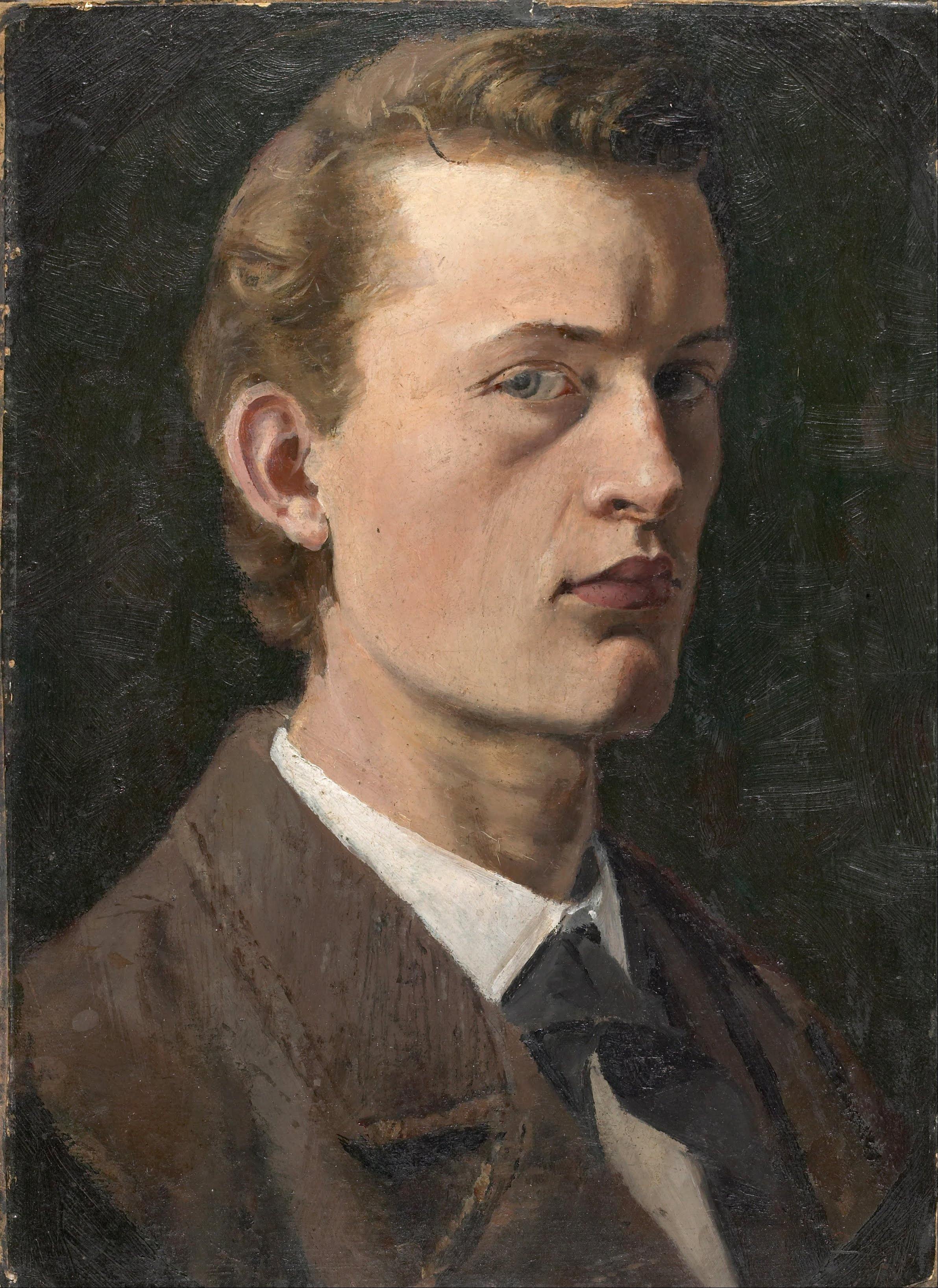Description
Edward Munch's Self-Portrait is a masterpiece of modern art that has captivated viewers since its creation in 1886. This painting is a perfect example of Munch's artistic style, characterized by his use of intense colors and brushwork technique. loose and expressive.
The composition of the work is impressive, with the artist looking directly at the viewer with an intense and penetrating expression. Munch's figure stands out in the center of the painting, surrounded by a dark and mysterious background that creates a sense of depth and drama.
Color is another outstanding aspect of this work. Munch uses a palette of vibrant and contrasting colors to create a sense of tension and emotion in the painting. Red and yellow tones mix with blues and greens to create a sense of movement and energy in the work.
The story behind this painting is fascinating. Munch created this work when he was just 22 years old, and is said to have been inspired by the death of his older sister. The painting is a reflection of the anguish and pain he felt at the time, and is a showcase of Munch's talent and ability to express complex emotions through his art.
In addition to its artistic style and history, there are many interesting and little-known aspects of this painting. For example, Munch is said to have created several versions of this work throughout his life, each with slight variations in composition and color. It is also known that this painting was one of the first works of modern art to be acquired by a museum, demonstrating its importance in art history.

